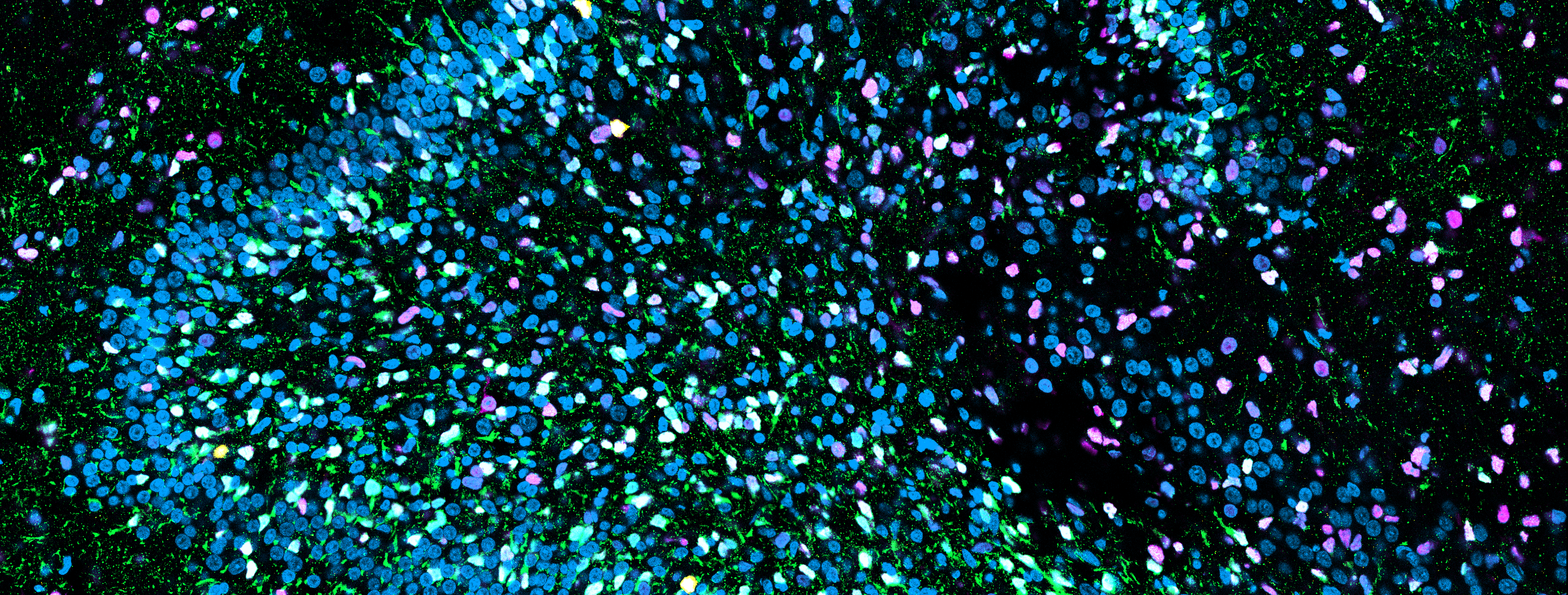Speaker
Description
Cortical development is relatively slower in humans compared to other species. Here, we investigated whether our neurodevelopmental tempo also differs from that of our closest extinct relatives, the Neanderthals and Denisovans. To tackle this, we selected, through comparative paleogenomics analyses and machine learning, a sapiens-specific single nucleotide variant virtually fixed in contemporary populations and located within an enhancer region active during early cortical development. The single nucleotide variant was predicted to affect the expression of CHD2, a chromatin remodeler critical for neural development, for which both haploinsufficiency and overexpression are associated to severe neurodevelopmental conditions, thereby establishing the importance of optimal CHD2 dosage for physiological neurodevelopment. Using patient-derived and genome-edited models, we uncovered an evolutionary gradient in autolysosomal dynamics, enhanced by the ancestral allele and impaired by CHD2 deficiency, as well as mirroring differences in somatodendritic complexity and spontaneous neuronal activity. Through deep phenotyping of cortical organoids and neuronal cultures, we uncovered the CHD2-dosage dependent gene regulatory networks modulating the autolysosomal pathway and ultimately impacting the timing of developmental programs, acquisition of neuronal functional properties and circuit maturation. Finally, we traced the mechanistic impact of the allele to an estrogen-dependent rewiring of CHD2 regulation, establishing the significance of non-coding variants for the evolution of modern humans.
| Author(s) | Oliviero Leonardi*1,2, Elly Lewerissa*3, Davide Aprile1, Tahsin Stefan Barakat4, Lorenza Culotta1, Ruizhi Deng4, Linda Haazen3, Katrin Linda3,5,6, Marian Majoie7, Annika Mordelt3, Aurelio Ortale1,8, Astrid Oudakker3, Filippo Prazzoli1,9, Sofia Puvogel3, Nicky Scheefhals3, Helenius J Schelhaas10, Chantal Schoenmaker3, Eline van Hugte3, Hans van Bokhoven3, Judith Verhoeven7, Alessandro Vitriolo§1,2,11, Cedric Boeckx#12,13,14,15, Giuseppe Testa#§1,2,11, Nael Nadif Kasri#3 |
|---|---|
| Affiliation(s) | "1. Human Technopole; Viale Rita Levi-Montalcini 1, 20157, Milan, Italy 2. Department of Oncology and Hemato-Oncology, University of Milan; Milan, Italy 3. Department of Human Genetics, Radboud University Medical Center, Donders Institute for Brain, Cognition, and Behaviour; 6500 HB Nijmegen, the Netherlands 4. Department of Clinical Genetics, Erasmus MC University Medical Center; Rotterdam, the Netherlands 5. VIB- KU Leuven Center for Brain & Disease Research; Leuven, Belgium 6. KU Leuven, Department of Neurosciences, Leuven Brain Institute; Leuven, Belgium 7. ACE Kempenhaeghe, Department of Epileptology; 5591 VE Heeze, the Netherlands 8. Department of Cellular Biophysics, Max Planck Institute for Medical Research; Heidelberg, Germany 9. Dipartimento di Bioscienze, Università degli Studi di Milano; Milano, Via Celoria 26, 20133, Italy. 10. Stiching Epilepsie Instellingen Nederland (SEIN); 2103 SW Heemstede, the Netherlands 11. Department of Experimental Oncology, European Institute of Oncology IRCCS; Via Adamello 16, 20139, Milan, Italy 12. University of Barcelona; 08007 Barcelona, Spain. 13. University of Barcelona Institute of Complex Systems; 08007 Barcelona, Spain. 14. University of Barcelona Institute of Neurosciences; 08007 Barcelona, Spain 15. Catalan Institute for Research and Advanced Studies (ICREA); Barcelona, Spain" |

